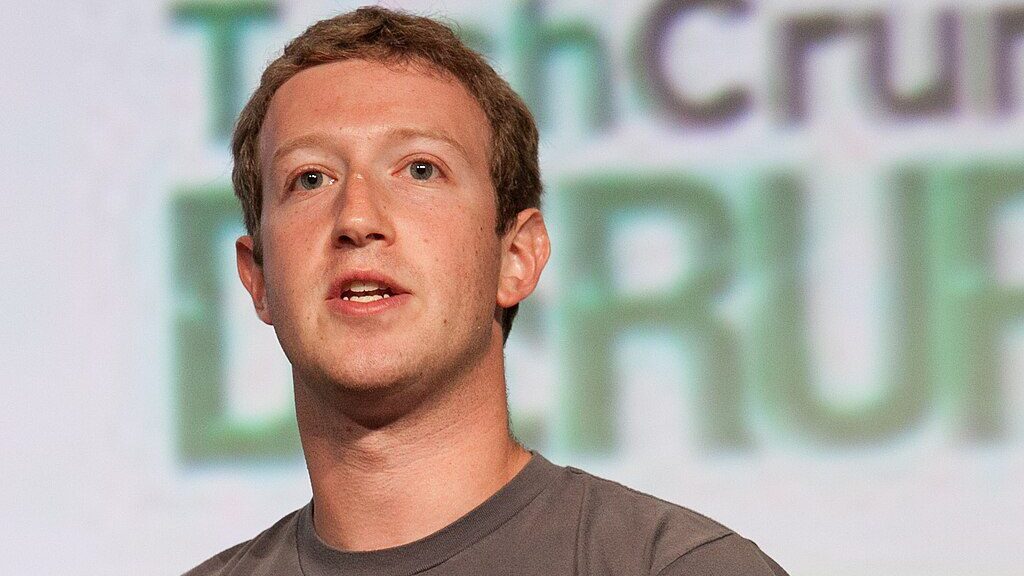
Meta CEO Mark Zuckerberg
Photo: JD Lasica from Pleasanton, CA, US, CC BY 2.0, via Wikimedia Commons
Meta—the parent company of social media platforms Facebook, Instagram, and WhatsApp—stands accused of breaching the European Union’s Digital Services Act (DSA). In formal proceedings opened on Tuesday April 30th, the European Commission identified “without prejudice” four areas of concern where the company fell short of Euro-stipulations.
The core complaint is that Meta’s risk mitigation process for moderating content is “insufficient.” Formally, EU digital chief Margrethe Vestager is targeting political advertising and “‘disinformation” emanating from China, Russia, and Iran—which supposedly the company hosts—in the run-up to June’s Europe-wide elections. The action covers both “disinformation” and “illegal content”.
However, critics see the disinformation allegation as a way of discrediting views from outside the Brussels mainstream. Recent historical precedents for this line of argument include the UK Brexit referendum and the election of U.S. President Donald Trump, both in 2016. The current focus on social media also allows Eurocrats to prepare their excuses for the widely anticipated populist surge at the polls.
Meta is treating its own procedures as robust. According to a spokesperson:
We have a well-established process for identifying and mitigating risks on our platforms. We look forward to continuing our cooperation with the European Commission and providing them with further details of this work.
Officially, the EU is concerned that Meta is shuttering its “CrowdTangle” service, designed to monitor and moderate disinformation in real time. The proceedings against Meta follow a Commission initiative last month to ‘stress test’ various online platforms and assess whether they would perform to Brussels’ standards in the forthcoming elections.
X (formerly Twitter) and TikTok are already subject to separate investigations. For now, the rules solely apply to enterprises designated under the DSA as Very Large Online Platforms (VLOPs)—defined as serving more than 45 million monthly active users in the EU—since 25 April 2023.
In contrast, two now-defunct EU-funded social media initiatives, EU Voice and EU Video, would not be regulated as VLOPs. This is not down to double standards in Brussels, for a change, but because they could only muster a few dozen active users between them.
